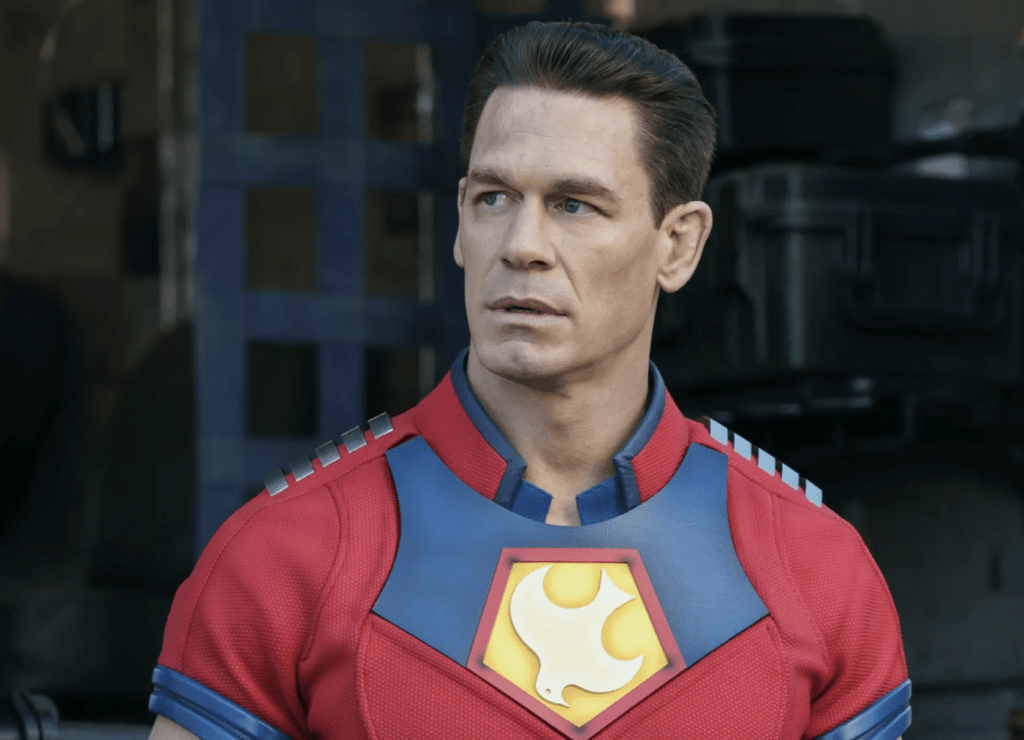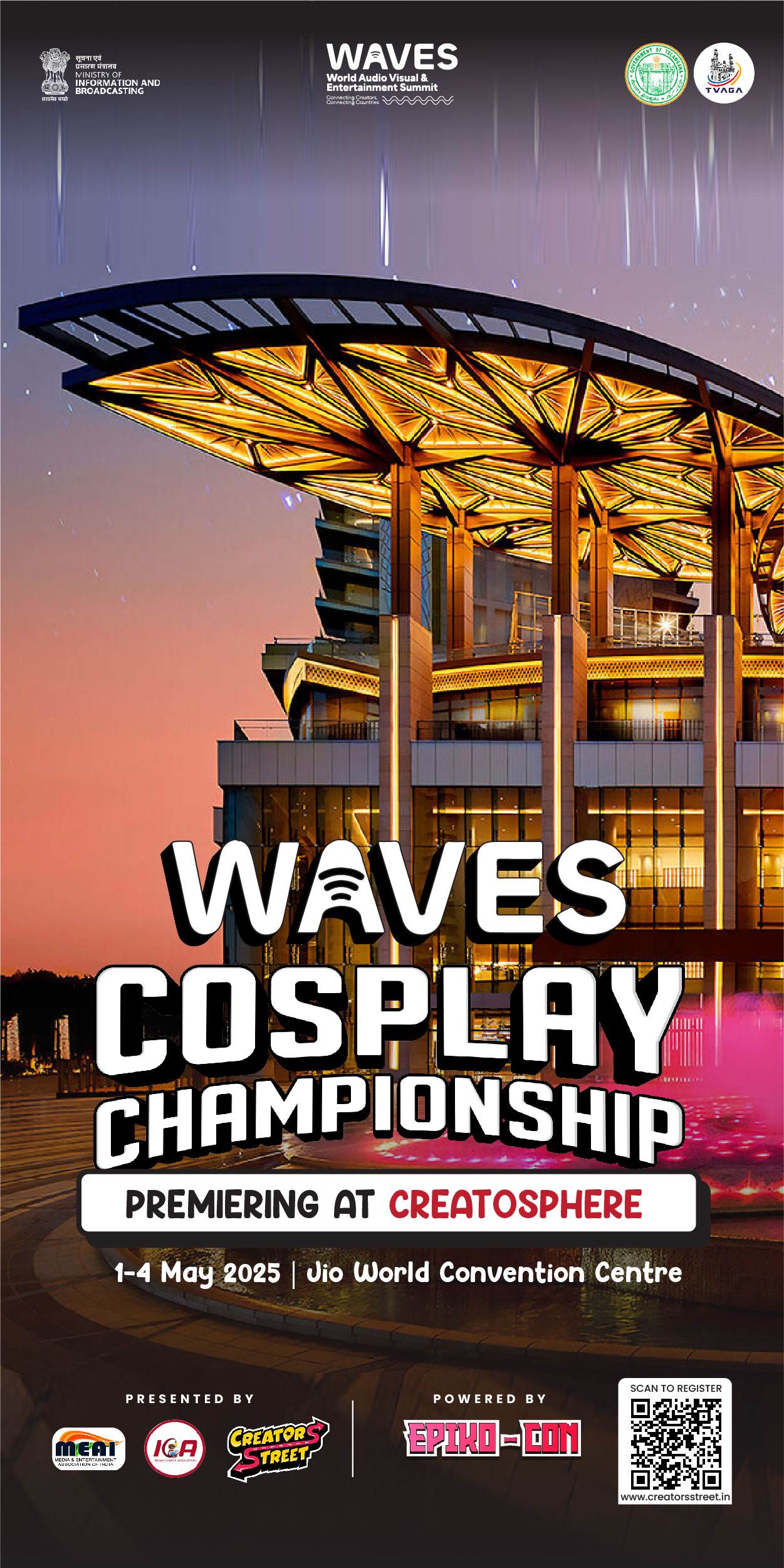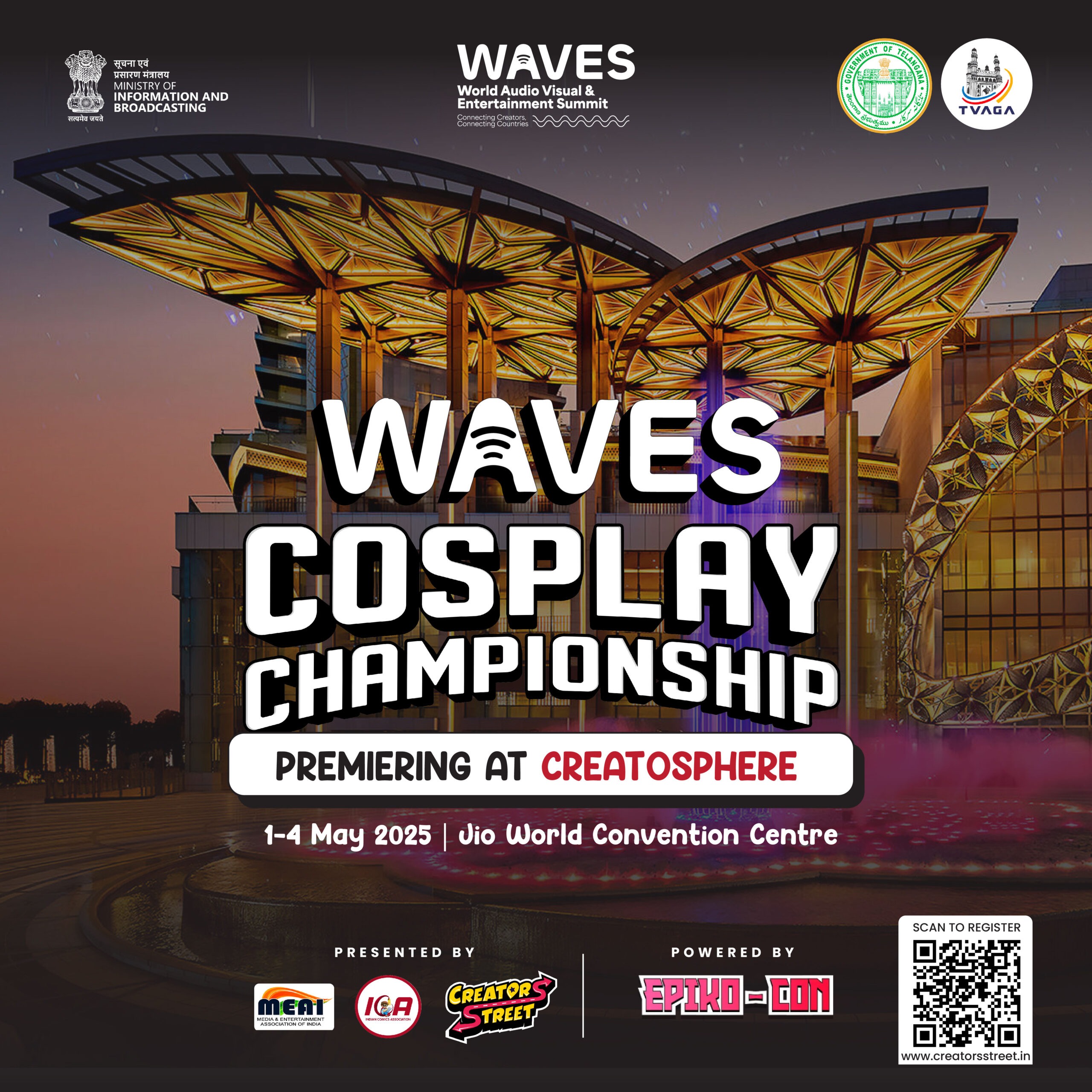“OpenAI’s ‘Ghibli-Fied’ AI Art Sparks Outrage – Miyazaki Calls It an Insult to Life!”
OpenAI has once again set the internet ablaze—this time, not just with cutting-edge AI, but with a storm of controversy. The latest version of its image generation technology, built into GPT-40, has enabled users to create eerily convincing artwork in the iconic Studio Ghibli style. While fans have flooded social media with AI-generated Ghibli-inspired selfies, memes, and reimaginings of classic films, the trend has also revived a heated debate on AI, artistry, and ethics.

The Viral ‘Ghiblification’ of Everything
From beloved childhood memories to historical events, AI-generated “Ghibli-fied” images have taken over the internet. Some are charming recreations of iconic moments, while others venture into deeply unsettling territory, depicting historical tragedies like 9/11, the capture of Saddam Hussein, and the assassination of JFK—all reimagined in the soft, dreamlike hues of a Miyazaki film.
For many, this is a fascinating showcase of AI’s ability to reinterpret art. But for others, including Studio Ghibli co-founder Hayao Miyazaki, it’s something far more disturbing.
Miyazaki’s Staunch Rejection of AI Art
Miyazaki, a legendary animator known for his deep reverence for hand-drawn animation and the human touch in storytelling, has long been vocal about his disdain for AI-generated art. In a 2016 documentary, after witnessing an AI animation demo, he famously stated:
“I am utterly disgusted. If you really want to make creepy stuff, you can go ahead and do it. I would never wish to incorporate this technology into my work at all … I strongly feel that this is an insult to life itself.”
Given Miyazaki’s strong stance, the recent AI-fueled imitation trend is unlikely to sit well with him or Studio Ghibli’s dedicated fanbase.
The Ethical Tightrope: Art, AI, and Copyright Concerns
While the idea of AI mimicking famous animation styles isn’t new, the viral explosion of Ghibli-style AI art highlights a growing concern in the creative industry. Critics, including tech watchdog outlet 404 Media, argue that OpenAI’s approach blurs the line between tribute and theft. They point out that OpenAI, already facing multiple lawsuits from artists and publishers for allegedly infringing copyrighted work, seems to be pushing the boundaries further with this latest development.
According to 404 Media, OpenAI’s recent AI-generated art trend raises a key question: Where does artistic inspiration end and unauthorized reproduction begin? While copyright laws protect individual artists, broader animation styles—like Ghibli’s—remain legally murky when it comes to AI recreations.
OpenAI’s Response: “Creative Freedom” or Justification?
In response to concerns, an OpenAI spokesperson told 404 Media:
“Our goal is to give users as much creative freedom as possible. We continue to prevent generations in the style of individual living artists, but we do permit broader studio styles, which people have used to generate and share some truly delightful and inspired original fan creations. We’re always learning from real-world use and feedback and will keep refining our policies as we go.”
This statement suggests that while OpenAI is taking steps to avoid directly copying living artists, it sees no issue in allowing AI to generate works inspired by entire artistic movements or studios.
AI, Art, and the Future of Creativity
The conversation surrounding AI-generated art continues to evolve. While some argue that AI democratizes creativity, allowing anyone to create stunning visuals regardless of artistic skill, others warn that it devalues traditional art and exploits the labor of real artists.
Even OpenAI’s founder, Sam Altman, has leaned into the viral craze, changing his X (formerly Twitter) profile picture to a “Ghibli twink meme” version of himself—further fueling the debate.
With AI becoming increasingly capable of mimicking legendary art styles, the question remains: Are AI-powered homages a celebration of artistic legacy, or do they signal the slow erosion of human-made creativity? As AI tools become more sophisticated, this debate is only just beginning.









